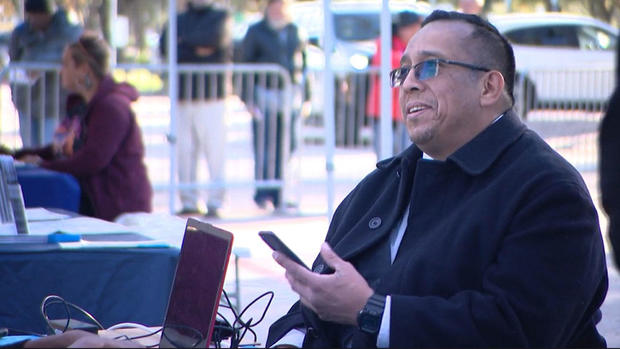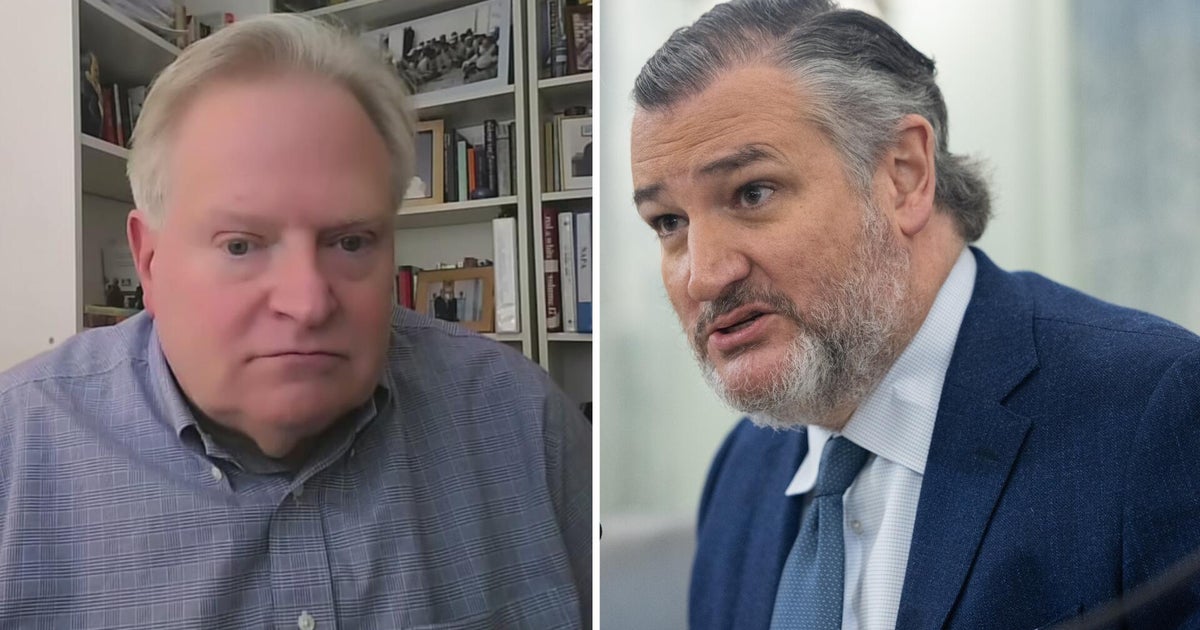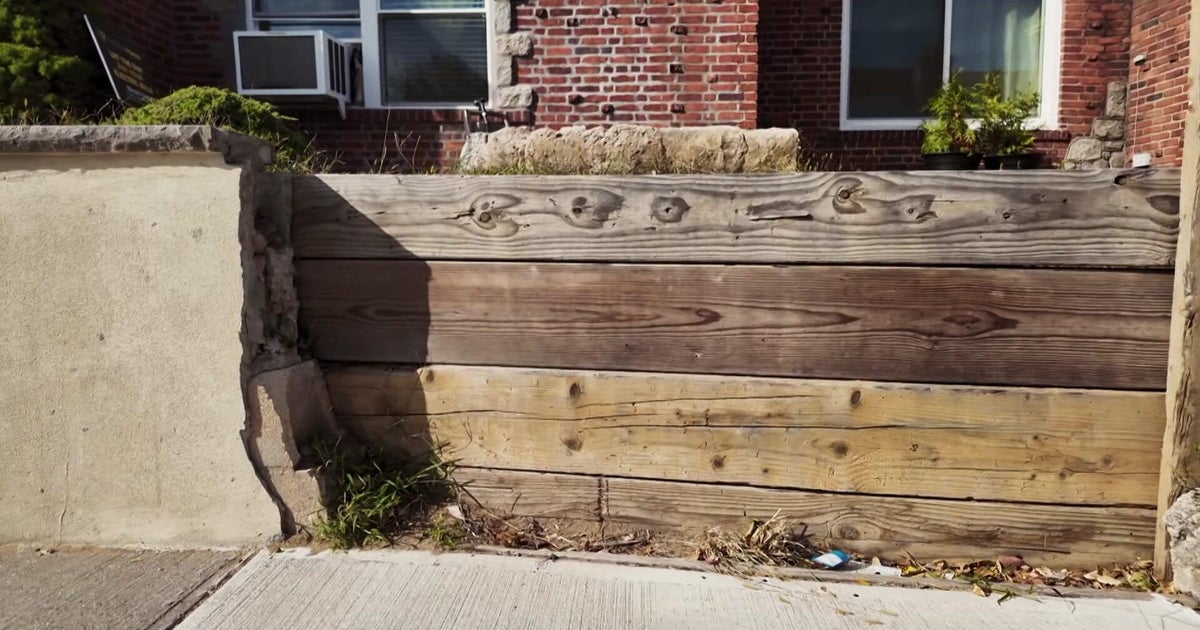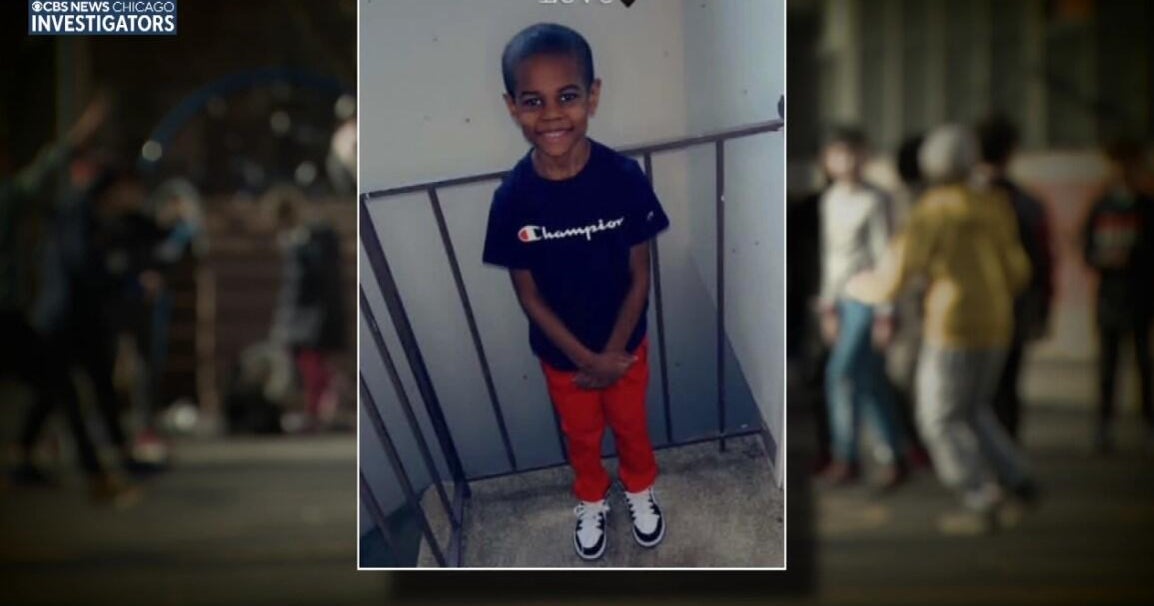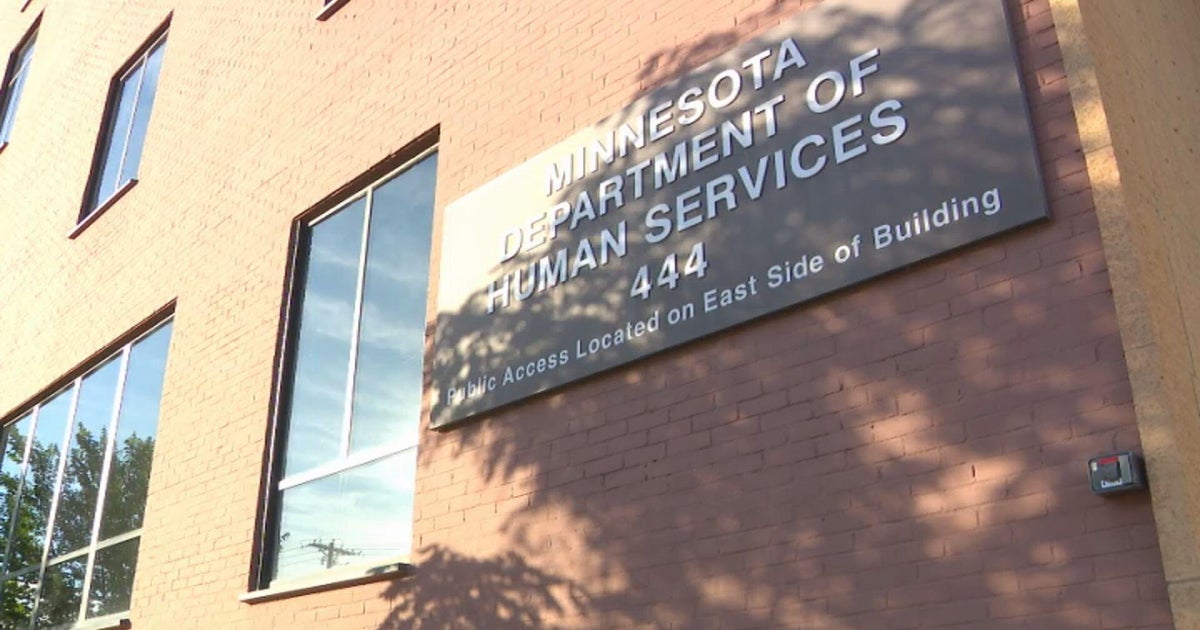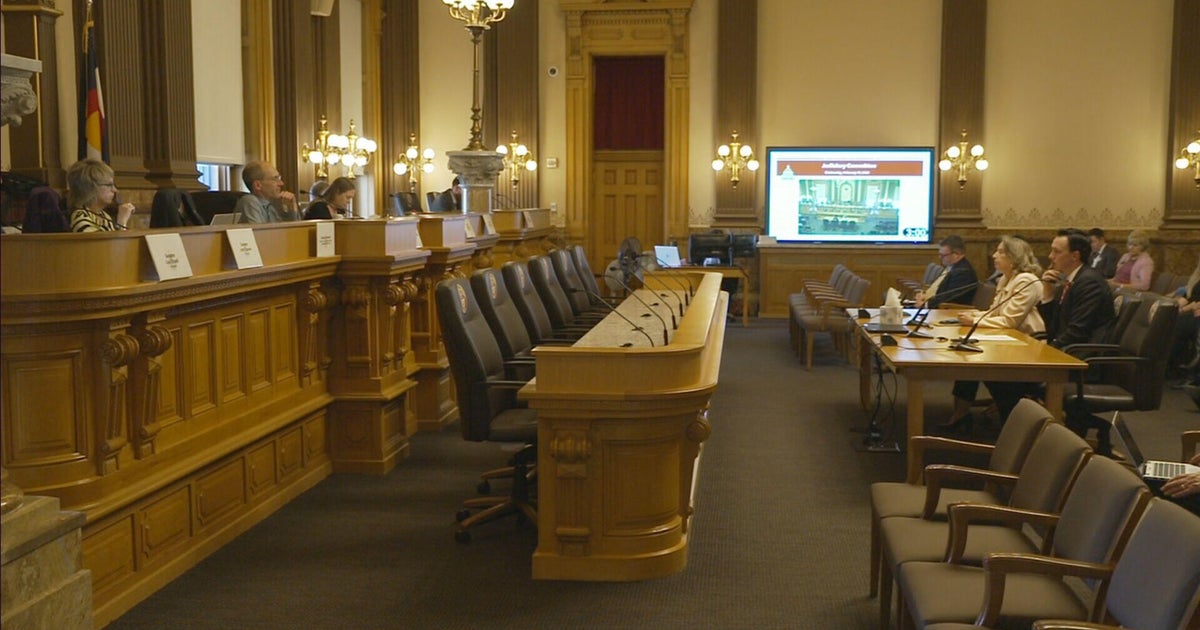Federal program that helps millions pay for internet access is plagued with fraud and complaints
DALLAS (CBSDFW.COM) – A federal program that helps millions of low-income families connect to the internet has been plagued with fraud and complaints, according to government records.
While the idea of "internet for all" has largely been supported by both Democrats and Republicans, lawmakers are demanding answers from the Federal Communication Commission (FCC) after a new report from the non-partisan Government Accountability Office (GAO) found the program lacks protections from fraud.
"The results of GAO's findings reveal that the FCC's (Affordable Connectivity Program) is subject to massive waste, fraud, and abuse of taxpayer dollars," said Senator Ted Cruz (R-Texas) in a joint statement with fellow Republican U.S. Senator John Thune (R-South Dakota).
The $14 billion Affordable Connectivity Program provides reliable high-speed internet for an estimated 16 million Americans, including 1 million Texas households.
The government program works by getting internet providers to sign up qualifying customers for deeply discounted or free internet service plans which, at times, includes a free tablet or cell phone. The government then pays a $30 a month stipend directly to providers.
"It is very, very helpful," said Roy Estrada of Dallas, who recently sign up for the federal program at an outreach event in Plano.
Estrada said having reliable internet service enables him to find and apply for job openings as well as track the DART rail schedule.
"Basically, everything is going to technology these days," he said. "You have to have the internet to be in contact with the world. If you don't have it, you are losing out on a lot of things."
The Affordable Connectivity Program is set to run out of funds as early as next year unless Congress takes action.
U.S. Rep. Marc Veasey (D-Texas) said he worries the program's problems could create some dissension as Congress looks to extend its funding.
"I do worry about that because there is always someone out there who is willing to pick on poor people and look for an excuse to kill a program that is aimed at helping lower income," he explained. "That why it's important that we have our providers, non-profits and elected officials sit down at the table and make sure something like that doesn't happen again."
The GAO report raised concerns about the program's lack of antifraud measures after finding the enrollment database full duplicate subscribers, missing address information, and mismatched Social Security numbers.
Last fall, the Inspector General for the FCC warned of an ongoing fraud scheme targeting the federal program after investigators found the same qualifying child's information was being used to fraudulently enroll hundreds of households for free internet service. One case in Oklahoma identified more than one thousand households were enrolled based on the eligibility of a single 4-year-old child who receives Medicaid benefits. According to the federal memo, Texas has been a hotspot for this fraud scheme with 8 of the 12 largest cases occurring in the state.
The GAO also recommended the FCC improve its outreach efforts. According to the Institute for Local Self-Reliance, only 43% of eligible U.S. households are enrolled in the program.
Concerns over the federal internet program also extend to how it's being implemented by the private internet providers who receive federal funds for participating in the program.
In the past year, the FCC has been flooded with consumers complaints about the program. The CBS 11 I-Team reviewed more than 700 complaints sent to the FCC from Texans alone. These complaints included how after signing up for the program, their internet bill went up instead of down. Others wrote how they were signed up for the program without consent. While others complained about aggressive sales tactics. A Midlothian customer writing "this has been absolute hell".
In October, the chairman of the House Committee on Energy and Commerce sent letters to the private internet providers participating in the program, writing he was "deeply concerned" about all the complaints and wanted to know their plans for resolving complaints.
U.S. Rep. Marc Veasey (D-Texas) said while improvements to the program are needed, its goal is vital. "Is the program perfect? No, it is, absolutely, not perfect. Do things need to be worked out in the program? Absolutely, they do. But should we stop trying to get low-income families connected to the internet? No, we should not stop," he said.
In a written statement, an FCC spokesperson told the CBS 11 I-Team, "The success of the Affordable Connectivity Program, which currently helps nearly 16 million eligible households afford high-quality broadband service, continues to be a top priority for the Commission. We appreciate GAO's recommendations and are committed to further improving our performance goals, expanding consumer outreach, and monitoring for risks within the program."
